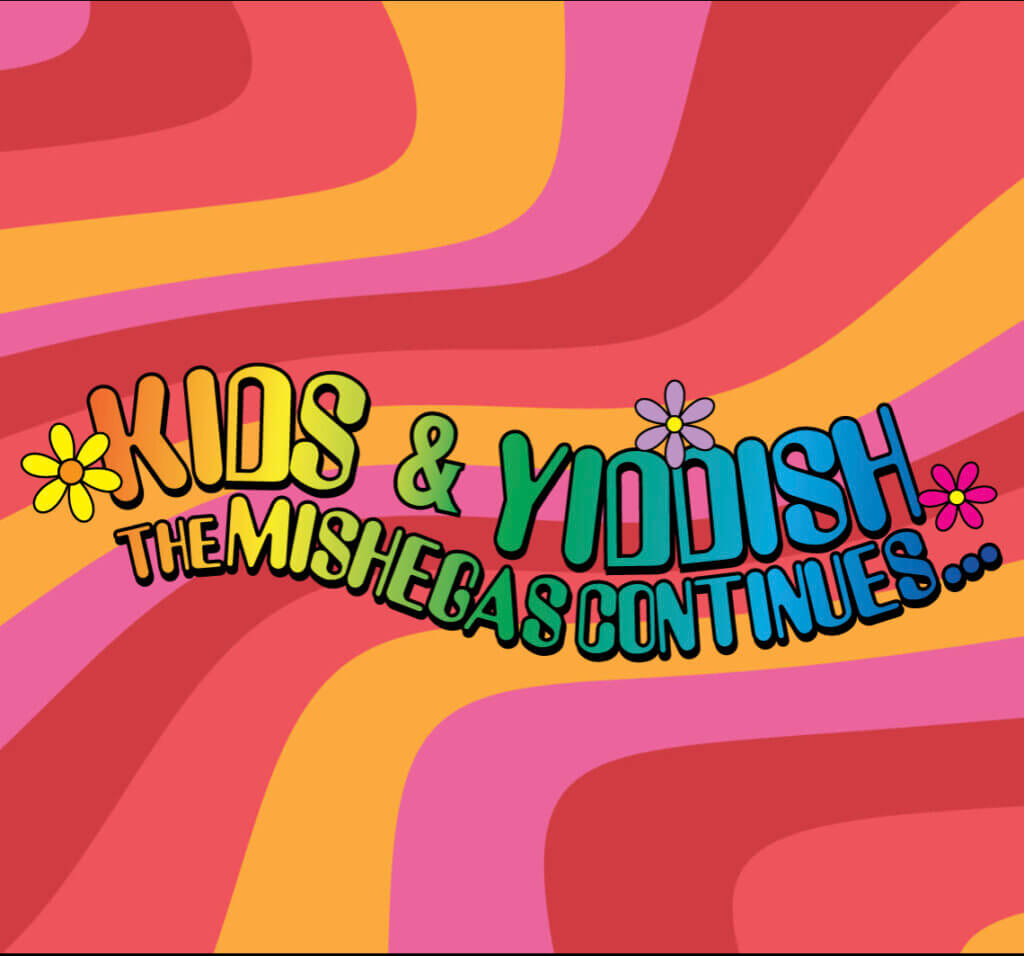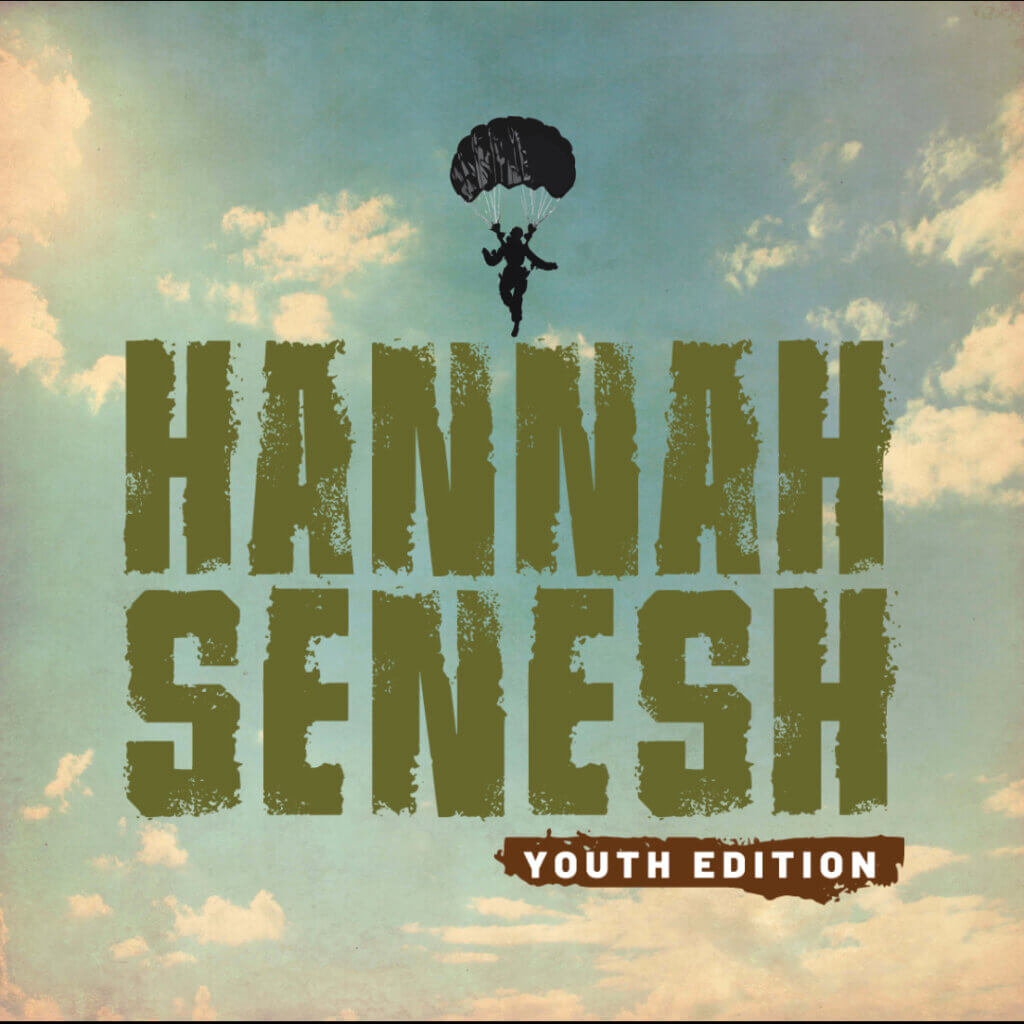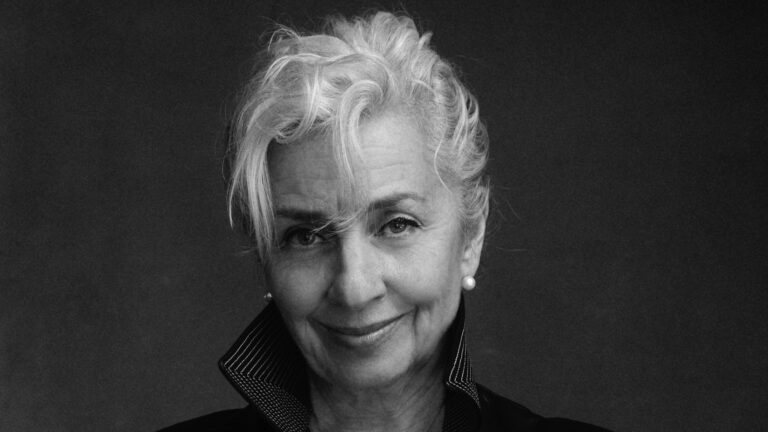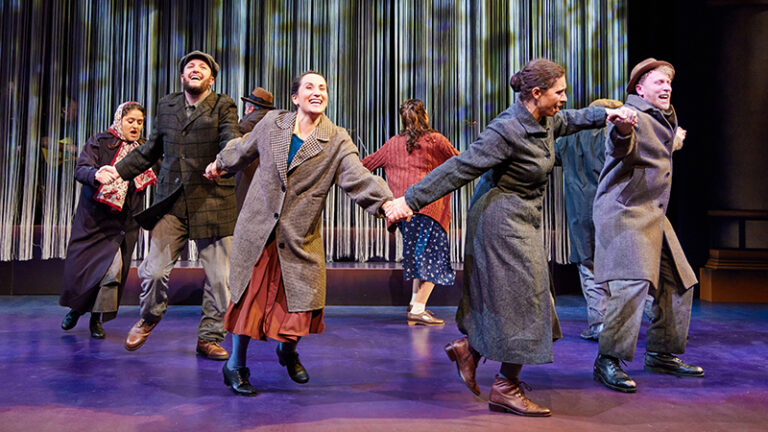Zalmen Mlotek reflects on his family’s story of escape and renewal in advance of A Concert for Sugihara, on April 19 at Carnegie Hall, presented by The American Society for Yad Vashem
It is estimated that 100,000 people are alive today because of Chiune Sugihara, the vice-consul for Japan in Lithuania at the outset of World War II. I am one of them. My father, Yosl Mlotek, was 21 when World War II erupted. He was already a reporter on labor affairs for Folkstaytung (People’s Newspaper) a Yiddish socialist publication in Poland. He was also a poet, an orator and a young movement leader, who participated in protests against injustices.
Within a week of the Nazi invasion of Poland, the staff of Folkstaytung escaped to Vilnius (Vilna) in Lithuania, where they continued to operate for one year. When the Nazi threat was at their doorstep again, they received word that there was a diplomat providing visas to leave Lithuania and travel through the Soviet Union. It was Chiune Sugihara. Yosl and his younger brother, Abram, desperately waited in line with hundreds of other Jews. Finally, their turn came and they could leave. This next escape took them on the Trans Siberian Railroad to Vladivostok and then on to Kobe, Japan, and finally to Shanghai.
Life as an impoverished refugee in the Shanghai ghetto was extremely difficult; and Yosl and his brother were simultaneously grateful to be alive and fearful for the fate of the family and friends they left behind in Europe. Still, my father’s hunger for community and culture carried him. Thousands of miles from his home and everything he knew, Yosl and his friends recreated a rich cultural life—with concerts, lectures, a school, and a Yiddish newspaper—for the Jewish community in Shanghai. For six years, this community lived in a land completely foreign to them, where they faced hunger, poor living conditions, segregation, and even danger from U.S. Air Force bombings. Somehow, they were able to maintain their traditions and their language. And, they survived.
The Talmud teaches us that to save one life is to save an entire world. Through the heroic act of disobeying orders and granting visas, Chiune Sugihara helped save tens of thousands of worlds, including the world of Yiddish.
So what world did Chiune Sugihara save with this one transit visa?
When my father arrived in the United States in 1946 from Shanghai (by way of Canada), he set about building a Yiddish community here. As a Yiddish teacher at the Workers Circle, he authored his first book, the beloved Yidishe Kinder Alef. As Education Director there (for 24 years!), he set up a network of over 200 schools. His Yiddish culture resumé could fill a book: he authored articles, columns, and books; created and hosted radio shows; produced free concerts and theatre programs; edited Yiddish newspapers and magazines; and recorded albums. With my mother, Chana, he collected Yiddish songs once thought lost to the Holocaust and compiled them into five comprehensive anthologies, which have recently been digitized by the Workers Circle at yiddishsongs.org. These epic songbooks have been used for decades by the klezmer movement throughout the world, and today you can find interpretations of some of these songs even on TikTok. My father, who was singularly responsible for keeping Yiddish as a living, vibrant language—who was determined to not let it perish along with his family and friends in the Holocaust—could only have dreamed of the far-reaching impact his work would have.
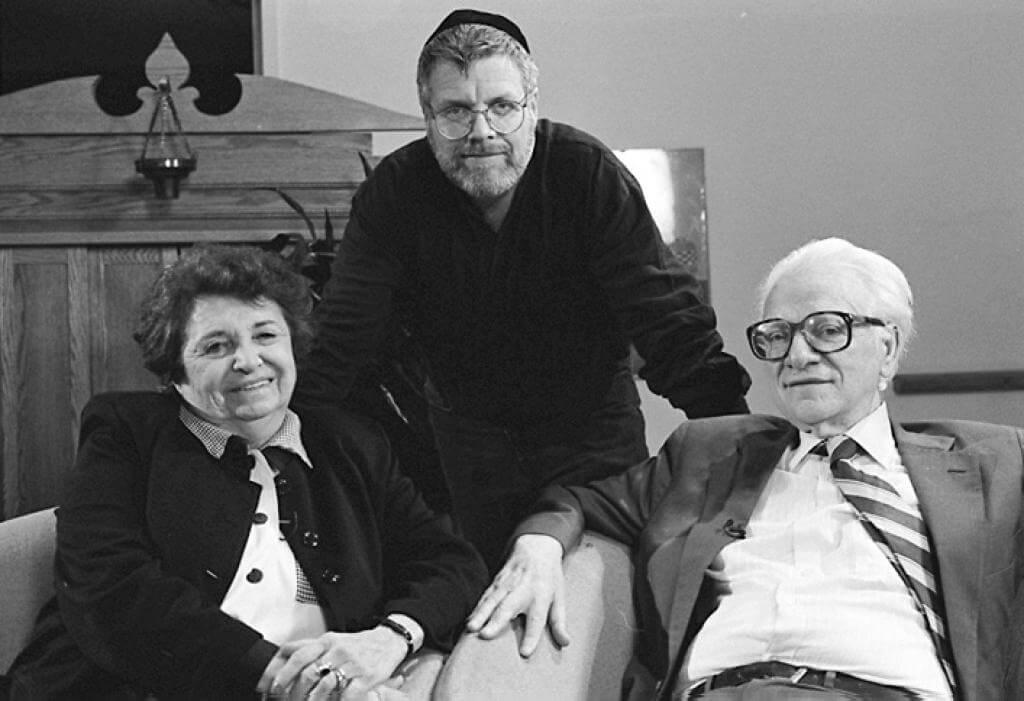
I have continued his life’s work as the artistic director of the Folksbiene. The critically acclaimed Fiddler on the Roof in Yiddish and the renaissance of Yiddish in schools, in klezmer concerts, and in people coming to our shows are Yosl’s legacy and among Chiune Sugihara’s legacies.
It is therefore one of the great honors of my life to be master of ceremonies and chorus master for A Concert for Sugihara at Carnegie Hall, presenting the American premiere of Lera Auerbach’s Symphony No. 6, Vessels of Light.
Auerbach was asked to create this symphony by world-renowned Japanese-American cellist Kristina Reiko Cooper, whose father-in-law, Irving Rosen, represents another world saved by Sugihara. The piece—a 40-minute composition for solo cello, choir, and orchestra involving 130 performers, including Yiddish “whisperers” and excerpts of poetry by some of the most important Yiddish poets; allusions to Psalm 121; and an introductory piece by Japanese composer Karen Tanaka entitled Guardian Angel—was commissioned by Yad Vashem and the American Society for Yad Vashem.
Friends of the Folksbiene are welcome to use a discount code: FIV40342 for the April 19th concert..


